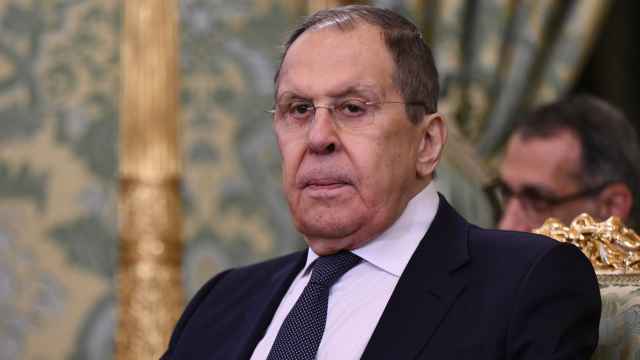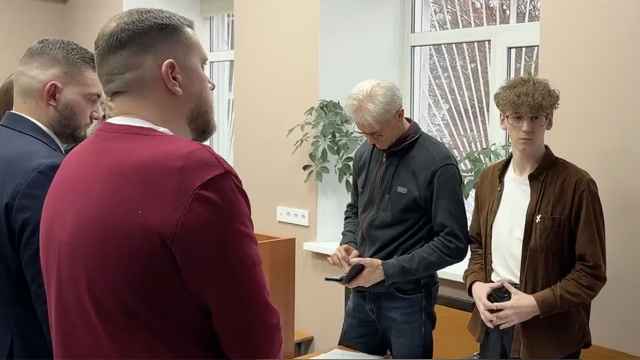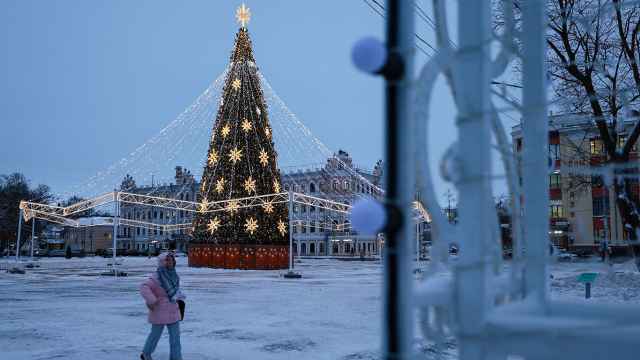The United Nations approved its first carbon-reduction joint implementation project in Russia under a new procedure after giving the go-ahead to an energy-efficient power plant by E.On, Germany’s biggest utility.
The project, created under a UN Kyoto Protocol mechanism, will be located at the Shaturskaya thermal power plant near Moscow, the UN Framework Convention on Climate Change said in a statement Monday. E.On said it wants to register two more projects in Russian power plants that will reduce carbon-dioxide emissions by a combined 4.3 million metric tons by 2012.
The so-called JI projects generate tradeable emissions-reductions units that countries can use for compliance in the European Union’s carbon market, the world’s largest, and to meet their obligations to cut greenhouse gases under the UN climate-protection treaty. EU carbon-dioxide allowances for December 2012 traded at 16.08 euros a ton Monday.
“This is a major step for carbon markets,” said Herve Touati, managing director of E.On’s climate and renewable unit. “The approval of Russian JI projects will add liquidity to the market and gives companies like E.On the confidence to invest further in carbon-reduction projects in the region.”
The Shaturskaya project assumes building an additional electricity generation plant with an energy-efficient, 400-megawatt, combined-cycle gas turbine, which will save more than a million tons of carbon by 2012, E.On said. The project, one of 15 approved by the Russian government at the end of July, was developed with the assistance of Dutch JI developer Global Carbon BV.
E.On is planning to register two more JI projects in Russia, comprising two 400-megawatt, combined-cycle gas turbines in the Surgutskaya-2 power plant and one 400-megawatt, combined-cycle gas turbine at the Yaivinskaya power plant.
The Shaturskaya project is the first in Russia under the Track 2 procedure, where the verification of emission reductions is supervised by the Joint Implementation Supervisory Committee. Under Track 1, the verification procedures and the issuance of emission-reduction units are left up to the host country.
“Joint Implementation is a great tool that countries can use to incentivize private sector investment where it’s needed,” John Kilani, director of the Sustainable Development Mechanisms Program at the UN Framework Convention on Climate Change secretariat, said in the statement. “This first Track 2 project in Russia bodes well for the health of the mechanism going forward.”
The majority of Track 2 projects are being developed in Russia, Ukraine and other central and East European countries, according to the Climate Change Convention. There are more than 200 Track 2 projects in the pipeline and 190 Track 1 projects registered, accounting for potential reductions of about 400 million tons of carbon-dioxide equivalent by the end of 2012, it said.
“Track 2 has surprisingly been dubbed ‘slow track,’” Benoit Leguet, the JISC chairman, said in the statement. “However, since the first Russian projects to emerge are going through Track 2, it may be time for a name change.”
The Kyoto Protocol expires at the end of 2012, and climate-change envoys worldwide are preparing for the next round of negotiations on a new climate-protection framework. The talks are due to start toward the end of November in Cancun, Mexico.
A Message from The Moscow Times:
Dear readers,
We are facing unprecedented challenges. Russia's Prosecutor General's Office has designated The Moscow Times as an "undesirable" organization, criminalizing our work and putting our staff at risk of prosecution. This follows our earlier unjust labeling as a "foreign agent."
These actions are direct attempts to silence independent journalism in Russia. The authorities claim our work "discredits the decisions of the Russian leadership." We see things differently: we strive to provide accurate, unbiased reporting on Russia.
We, the journalists of The Moscow Times, refuse to be silenced. But to continue our work, we need your help.
Your support, no matter how small, makes a world of difference. If you can, please support us monthly starting from just $2. It's quick to set up, and every contribution makes a significant impact.
By supporting The Moscow Times, you're defending open, independent journalism in the face of repression. Thank you for standing with us.
Remind me later.





